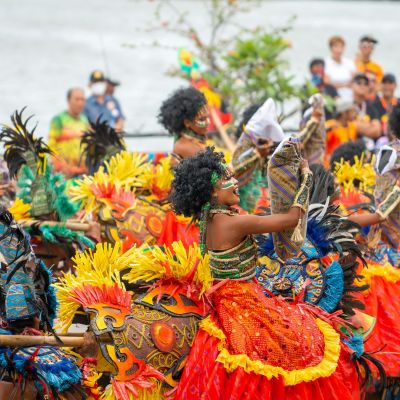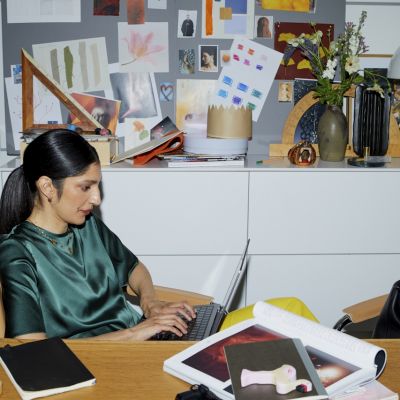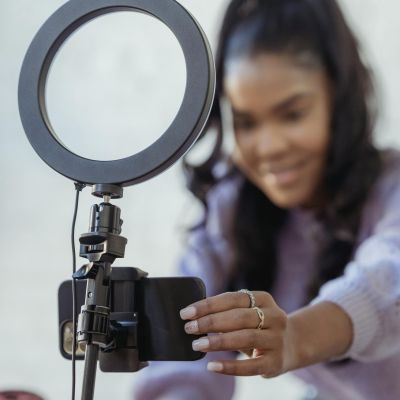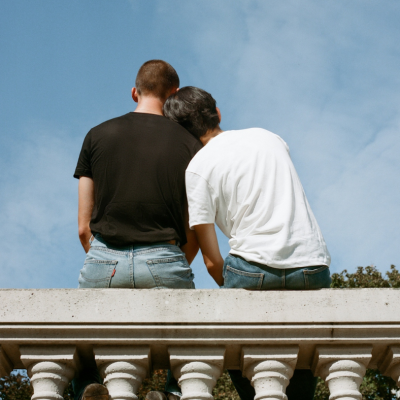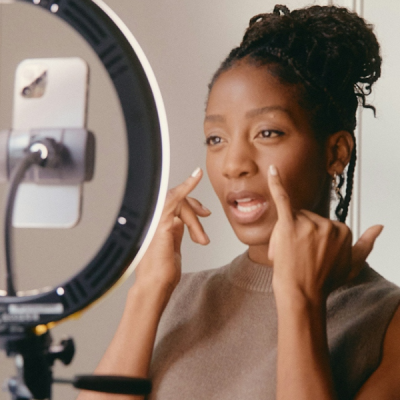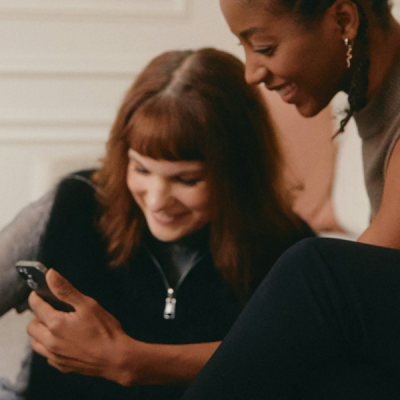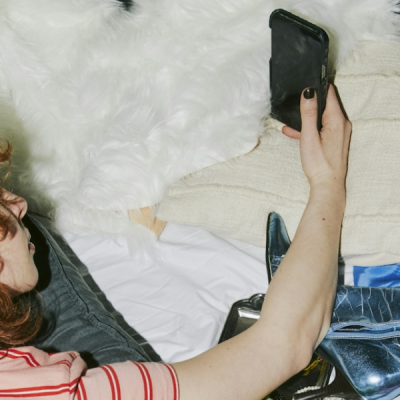Blind and Out in Paris and London
How a truly ‘Orwellian’ experience opened my eyes to my other senses;
and to the wonderful state of the French health system
It was the 120 metres between the eye clinic and Great Portland Street Underground station when I started to lose my eyesight. I know it was precisely 120 metres, since I’d measured it on Google maps the day before. I needed to finish my appointment at the eye clinic and reach the Eurostar terminal at St Pancras station within 45 minutes; the ‘Tube’ was always going to be quicker than trying to find a cab.
By the time I reached the platform, I could barely open my eyes. Well, to be precise, I could open my eyes but just for 3-4 seconds, after which they kept closing. I couldn’t bear the light; so I just kept them closed. . . .
I walked with my luggage (a suitcase and backpack) the length of St Pancras station, grabbing a ‘snapshot’ of the path ahead to gain my bearings before closing my eyes in relief (and necessity). I could just about stare at the ground; direct light was the problem – my eyes simply shut.
I had just completed an examination and ‘treatment’ for a small eye infection at a clinic in Harley Street. As any expatriate will affirm, trips back to the Old Continent revolve around family, banking and medical appointments. This one was no exception; except it was – as a result of the treatment, I was effectively blind.
A combination of ‘ground staring’ and 4 second ‘glimpses’ of my surroundings enabled be to navigate effectively enough through Eurostar security, but passport control proved an additional challenge. The automatic passport control gates require European Union passengers to scan their passport and then stare into a face-recognition camera to validate their identities. No problem with the scanning, I simply couldn’t look at the camera for more than 2 seconds without turning away. Eventually, an official came to my aide. I explained my predicament and he let me through.
Once on the train, I was fortunate enough to be sitting alone, and able to insert eye drops provided by my doctor ‘in the unlikely event of any side effects, post intervention’. And that’s when I made my next mistake – to rest my eyes . . . .
By the time we’d crossed the channel and I awoke, my eyes were permanently closed; no amount of contortions would open them. I calculated around 45 mins before we arrived in Paris, checked my wallet – good news, I had a metro ticket, bad news, I had no Euros. I squirted as much of the eye drops into my eyes as possible and tried to keep them open with all my might.
I realized that a taxi from the Gare du Nord was out of the question; the queues are always enormous, especially for the late Eurostar, and I didn’t fancy the prospect of trying to explain my lack of any euros to pay the driver. So I headed – eyes down/4 second ‘glances’ – for the metro; line 4 to Gare de L’Est (one stop) and then line 7 to Cadet (2 stops). The key to the Paris metro – even for the fully sighted – is to take the right direction; no north/south indications are given, just the final destination of each line, so you have to figure out for yourself. I couldn’t look at the map for more than 4 seconds, so I took a chance with the line 7 – first stop ‘Poissonniere; hallelujah – I was in the right direction!
Once at Cadet it was a short walk to the hotel (with no significant roads to cross) and I checked in (‘blind’) and headed for my room. By 4am the pain in my eyes had become unbearable. After failing to call reception (I couldn’t use, or even see the phone by this stage) I clambered downstairs and explained my predicament. The receptionist (merci beaucoup M. Justice) called everyone he could think of and tried to explain my plight. Eventually ‘018’, the emergency services, agreed to talk to me and I explained what had happened and exactly what medication I’d taken. His advice was to take a taxi immediately to the Hospital Hotel-Dieu in 12th arrondisement, where an ophthalmologist would be called. This was right across town, so they called me a cab and, once inside, I explained that I only had a 20 UK pound note, which the driver reluctantly accepted before accompanying me to the emergency room of the hospital.
I was greeted by a tiered looking male nurse, who promptly spayed me with an anesthetic (the water of life, I called it) which immediately unblocked my eyes and enabled my vision to return; also prompting a mild bout of euphoria on my part (‘. . . . it’s a biblical miracle etc. . . !’). After explaining my situation – British, on vacation in France, currently living in Mumbai – he abandoned any hope of being reimbursed, called the specialist and advised me to wait in the anteroom. After 10 minutes the soothing nectar of the anesthetic wore off.
Sitting there for a couple of hours, I realized the heightened senses that people talk about, being deprived of one of my own. I could hear the soft snoring of someone in the room (was it the nurse of another patient?), I noted the sickly odour of an unwashed body entering the room (I hope that’s not the doctor!), and when they called my number I was unable to ascertain whether it was mine, or the location of my consultation room. Eventually, another patient recognized my confusion and led me to the ophthalmologist.
“So, you’re ’aveugle’” (blind) she said. Yes, I can’t open my eyes. “You’re more likely to “aveuglé” (blinded; as in temporarily) she corrected herself, with a grin. Yes, I sensed the latter. How can you tell? I enquired. “Most blind people don’t tend to wear spectacles,” she patiently explained. Ahh, I’d forgotten both that I was still wearing my glasses and of the pitiless importance of the ‘acute’ accent in French. It didn’t seem to be that serious after all.
She diagnosed damaged corneas in both eyes; hence the inability to regulate for incoming light. Both would heal in a few days and I received an apothecary of eye drops, pills and ointments to apply. Another ‘blind’ metro trip later – Bastille to Cadet via Republic; the second most dispersed of Paris’ metro connections (at least it wasn’t Montparnasse!) – and I found myself in a pharmacy whispering my bank PIN number into the ear of a pharmacist, since I was unable to open my eyes sufficiently to use my bank card myself.
The hotel receptionist carefully unwrapped each of my medications and neatly placed them in order of frequency and quantity in my room; I simply had to move from left to right to administer the appropriate doses every 4 hours. Then my body shut down.
I remained in bed for the entire day; waking only to apply the various creams and eye drops at regular intervals. The body certainly knows what it’s doing; I’d survived the trip to Paris and the previous night on adrenalin and it had run out. By evening, when my wife joined me from Italy, my eyesight was returning, and I was able to take a walk and eat something. I was unable to call her since even the light emitted from a mobile phone was too much to bear.
The following day was spent in sunglasses, but my appetite had returned and I began to appreciate my situation and help that so many people had offered during the previous 24 hours. So no permanent harm, but the entire experience has been educational:
- First, pay attention during French classes at school; I never would have been able to survive the incident without a command of this beautifully expressive language (acute accents, apart!)
- If you are going to have a medical emergency, Paris is my recommended location (and not just for the aesthetics). The service was phenomenal: a specialist optometrist was called up at 4h30am and reached the hospital by 6am, and after the consultation they refused payment. Perhaps it was the complexity of my situation, but I was grateful nonetheless
- The kindness of strangers is never more apparent when you are sightless and crossing the road. Rue Lafayette is difficult to cross at the best of times, but there were no shortage of helpers.
- Bicycles can be an irritant in full view – to a sightless person they are more of a menace than cars
- Learn your metro stations! I’ll never be more grateful for the hours I spent negotiating the Paris metro over a decade ago in a previous life when I ran Hotwire I never thought such knowledge would be so useful.
Finally, when you see someone in dark glasses sitting in a restaurant, don’t automatically assume that he or she is a narcissist or wannabee movie star. They could be humble, unpretentious PR professionals whose corneas are just recovering!
###







